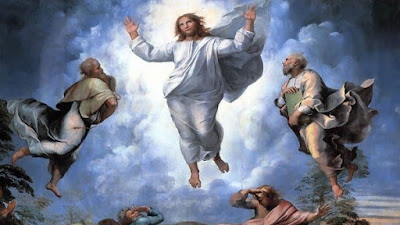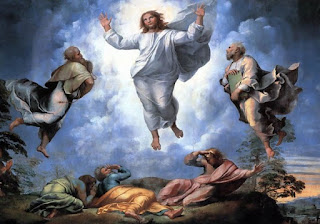Reflection on the 2nd Sunday of Lent, Year A, Matthew 17:1-9

The Second Sunday of Lent (A), March 8, 2020 By Msgr. Bernard Bourgeois Genesis 12:1-4a; Psalm 33; 2 Timothy 1:8b-10; Matthew 17:1-9 "He saved us and called us to a holy life." (2 Tim1:9) The annual retreat of Lent is upon us once again. It is an intense period of prayer in which we unite our hearts, minds, and souls with Christ as He walks His final days on earth, remembering who we are and to what we’re called. Holiness is the key to Lent. A holy life is one that is united with Christ. Through works of prayer, fasting, and almsgiving, the hallmarks of Lent, the disciple will focus her attention on the person of Jesus Christ, and His passion, death, and resurrection. In the journey toward holiness, prayer, fasting, and almsgiving will help the person understand the centrality of faith. One can become holier through fasting. It is an ancient practice in which the person usually sets aside some portion of food for a greater cause. However, one can fast f


